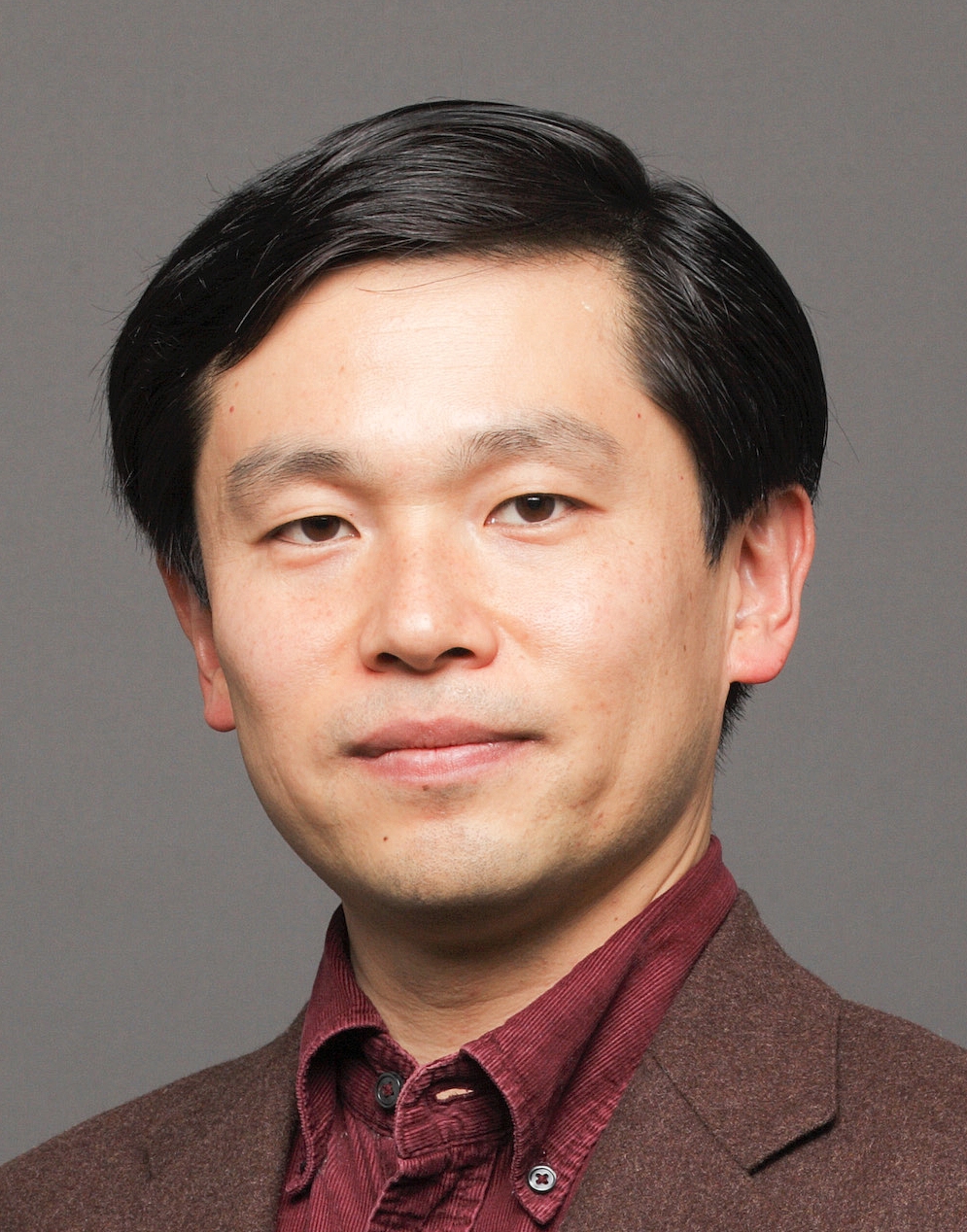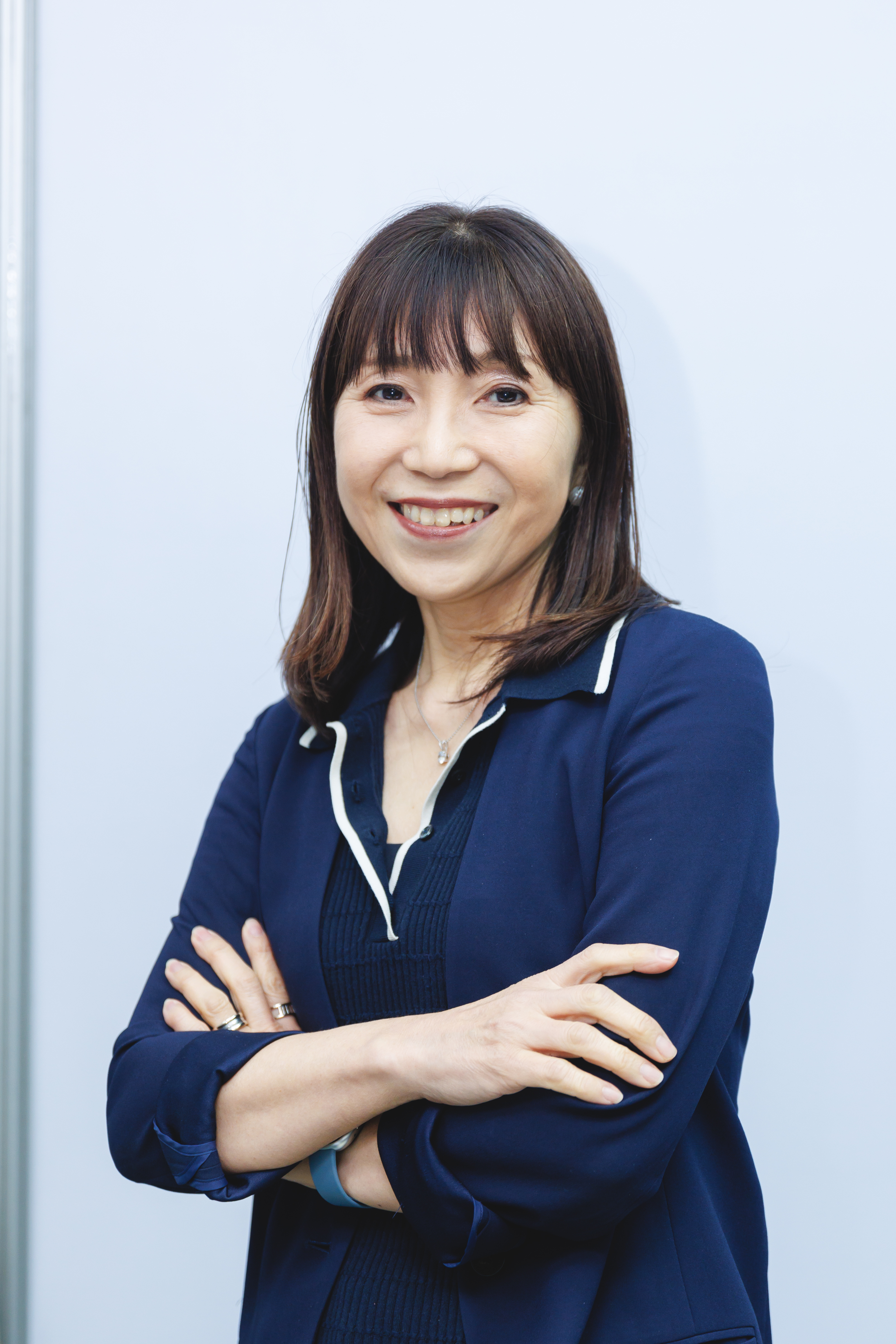Keynotes
Quantifying visual impressions of words based on real-world data analysis
 |
Ichiro Ide
|
Abstract
Attempts to quantify impressions of linguistic information have been made in both Psycholinguistics and Computer Science fields. In Psycholinguistics, various metrics have been proposed to quantify word impressions, and correspoding dictionaries were created based on large-scale subjective evaluations. In contrast, recently, in Computer Science, attempts are made to estimate the Psycholinguistic metrics using real-world data without conducting large-scale subjective evaluations. This talk will introduce our work specifically aimed at quantifying visual impressions of words from real-world data
ranging from Web images to Large Language Model (LLM) and Large Vision-Language Model (LVLM).
Bio
Ichiro Ide received the B.Eng., M.Eng., and Ph.D. degrees from The University of Tokyo, in 1994, 1996, and 2000, respectively. He became an Assistant Professor with the National Institute of Informatics (NII), Japan, in 2000, and an Associate Professor with Nagoya University, Japan, in 2004, where he has been a Professor, since 2020. He was a Visiting Associate Professor with the NII from 2004 to 2010, an Invited Professor with Institut de Recherche en Informatique et Systemes Aleatoires (IRISA), France, in 2005, 2006, and 2007, and a Senior Visiting Researcher with ISLA, Instituut voor Informatica, Universiteit van Amsterdam, The Netherlands, from 2010 to 2011. His research interests include the analysis and indexing to authoring and generation of multimedia content, especially in large-scale broadcast video archives and social media, mostly on news,
cooking, and sports content. He is a Senior Member of IEEE, IEICE and IPS Japan and a member of ACM, JSAI, and ITE.
The Future Opened by Survival Informatics: Data Connecting Human and Social Well-being
 |
Takako Hashimoto
|
Abstract
Survival Informatics is an emerging interdisciplinary approach, currently being discussed within the Science Council of Japan, that explores how data-driven methods can contribute to sustaining human life and enhancing social well-being in an increasingly complex world. By combining perspectives from information science, artificial intelligence, and the social sciences, Survival Informatics aims to establish reliable ways of understanding and addressing global challenges such as disasters, health crises, climate change, and social inequalities. This talk highlights the role of data as a bridge that connects individuals, communities, and institutions, enabling evidence-based decision-making and fostering resilience in both physical and cyber spaces. Through case studies and recent research, we demonstrate how Survival Informatics not only advances scientific insight but also provides practical solutions that enhance human and societal well-being.
Bio
Takako Hashimoto graduated from Ochanomizu University in Japan, and received a Ph.D. in computer science, specialization in multimedia information processing, from the Graduate School of Systems and Information Engineering of University of Tsukuba in 2005. She worked at the software R&D center of Ricoh Co. Ltd., in Japan, for 24 years, and participated in the development of many software products as a technical leader. From April of 2009, she joined Chiba University of Commerce. In 2015, she stayed at University of California, Los Angeles as a visiting researcher. She is currently serving as Director, Deputy to the President, Dean of Faculty of Commerce and Business Administration. She has focused on data mining research and social media analysis, especially topic extraction from millions of tweets related to disasters and topical problems like COVID-19. She is serving as Associate Member of the Science Council of Japan, and Chair of the National Council for Research and Development Committee, Ministry of Internal Affairs and Communications. She served as a Board Member of the Database Society of Japan, Chair of IEEE Japan Council (2021-22), and BoG of IEEE Computer Society (2021-23) and has served as the Past Chair of IEEE Women in Engineering (2015-16). She is now IEEE R10 Director (2025-26). In 2019, she received the IEEE 2019 MGA Larry K. Wilson Transnational Award, and Fellow of the Information Processing Society of Japan.
